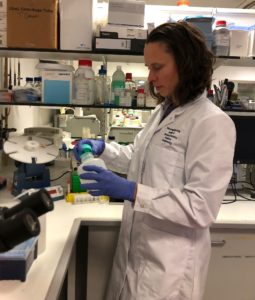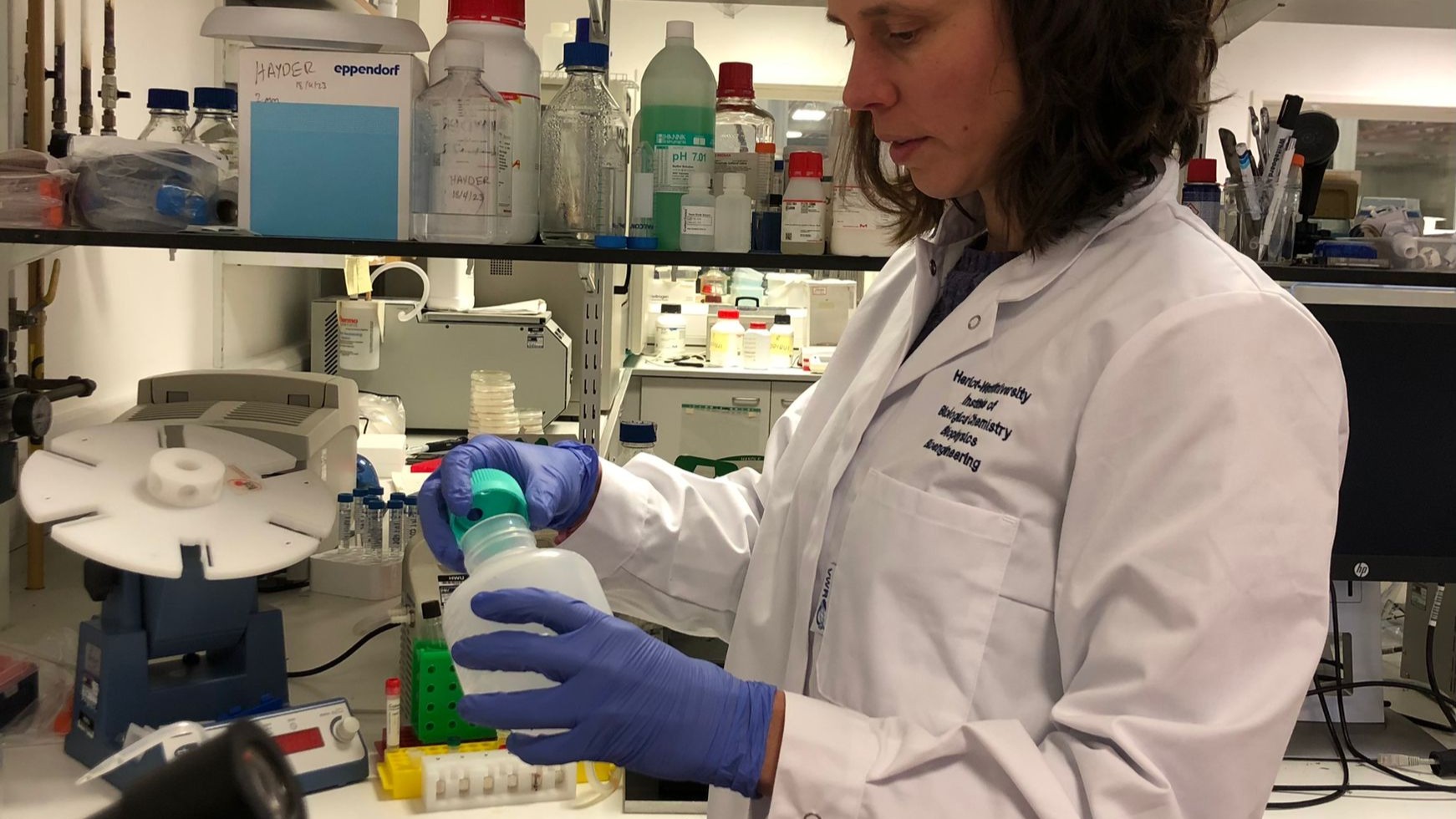Technology that will significantly improve the safety of public water supplies by greatly improving the detection of waterborne pathogens, has been developed by scientists at Heriot-Watt University.
The team has optimised the design and operation of the monitoring systems that identify harmful organisms, doubling the success rate to >70%, compared to the existing industry standard of around 30%.
The recent outbreak in Devon showed how serious disruption and illness can result from Cryptosporidium in the water supply.
There are several thousand individual cases of illness due to Cryptosporidium in the UK every year and research has found that cases are on the increase.
Improved testing procedures will reduce the likelihood and severity of incidents, preventing disease and economic losses.
While this type of monitoring by water companies is routine, the Heriot-Watt team has taken a different approach allowing them to achieve a significantly better performance – a 133% improvement – compared to the existing solution.

Professor Helen Bridle of the School of Engineering & Physical Sciences, Institute of Biological Chemistry, Biophysics and Bioengineering, who led the project, said:
“People across the UK are very concerned about potential contamination in public water systems: incidents like the one in Devon show just how serious an impact they can have on people’s lives and livelihoods.
“Our system has achieved a very significant improvement in detection rates of harmful bugs in the water so this technology will prevent illness and economic losses much more effectively in future.”
The Heriot-Watt team has already tested the technology: it is currently undergoing a second round of performance testing at a major UK water company.
Now they are setting up a spin-out company – Aquazoa – to take their system to market and expect to commercialise the product in early 2026.
Already, the spin-out has secured High Growth Spinout Funding from Scottish Enterprise (SE).
Heriot-Watt University now has a pipeline of six active SE-funded projects, which the University says demonstrates its commitment to supporting high-impact, research-driven enterprise.



